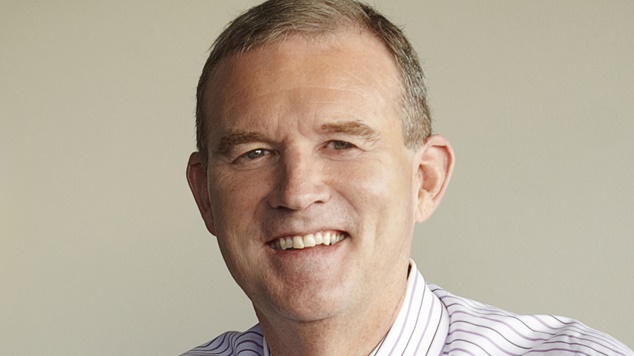In 1997 Tasmania became the last Australian jurisdiction to decriminalise homosexuality
On this day in 1997 Tasmania passed laws which decriminalised homosexuality. The campaign to change the laws had run for several decades and came 22 years after South Australia became the first Australian state to change the laws.
Australia’s journey to decriminalisation was a slow process. While England and Wales had change their laws in 1967, it would take decades for every Australian state to change the laws, following South Australia in 1975, the Australian Capital Territory made the change in 1976, Victoria in 1980, the Northern Territory in in 1983, New South Wales the following year.
Western Australians had to wait until 1989 for decriminalisation, and the age of consent for homosexual sex was set at 21 years of age. The age consent was finally equalised in 2002.
Tasmania’s reluctance to change the laws lead to several legal cases, lead by rights advocate Rodney Croome and his then partner Nicholas Toonen.
Toonen complained to the United Nations Human Rights Committee that Tasmania’s laws violated Article 26 of the International Covenant on Civil and Political Rights. As a result of the complaint Toonen lost his job as the General Manager of the Tasmanian AIDS Council when the government threatened to pull funding if he remained employed.
On 31 March 1994 the United Nations’ council agreed that Australia had breached its obligations. The Toonen decision has been referenced in many subsequent decision of the committee. The decision forced the federal government lead by Paul Keating to introduce federal laws that which effectively overruled the Tasmanian laws – however the Tasmanian government failed to repeal their legislation.
In 1995 Croome and Toonen applied to the High Court of Australia for a ruling that the federal laws superseded the outdated Tasmanian legislation. The Tasmanian Liberal government lead by attempted to Ray Groom attempted to have the matter dismissed by the court.
When this failed, and amid a growing push for law reform, spearheaded by The Greens’ Christine Milne, the Liberal government – under new leader Tony Rundle – said they would allow members to have a conscience vote on the issue.
Subsequently on 1 May 1997 Tasmania became the final jurisdiction in Australia to decriminalise homosexuality. Two decades later, in 2017 the Liberal government introduced an expungement bill allow people charged with offences under the previous laws to have their criminal records expunged.
Apologising for the laws Premier Will Hodgman said in 2017, that people should never have been charged or convicted in the first place, even if it was thought at the time it was the right thing to do, it was not.
In 1999 John Hyde became the first openly gay mayor in Western Australia

The local government elections held on this day in 1999 saw John Hyde elected to the position of Mayor of the Town of Vincent. He was the first openly gay person to be elected to the position of Mayor in Western Australia.
It was decisive victory over fellow councilor John Little, Hyde attracted over 70% of the votes in the two-way race. During the election campaign Hyde’s sexuality was a topic of discussion, after the landslide win he commented that clearly sexuality was not an issue for voters.
In 2001 Hyde made the move to state politics replacing the retiring Labor Member for Perth Diana Warnock. He represented the inner-city seat until 2013 when he was succeeded by Liberal Elani Evangel.
At the same election in 1999 Leigh Varis-Beswick became the first politician who is transgender to be elected to office in Western Australia. Varis-Beswich successfully won a seat on the Kalgoorlie Council. At the time, Varis-Beswick, who was the madam of a local brothel, said she’d never encountered any discrimination against her job or her past.
She passed away in March 2020 having battled liver and bowel cancer.





